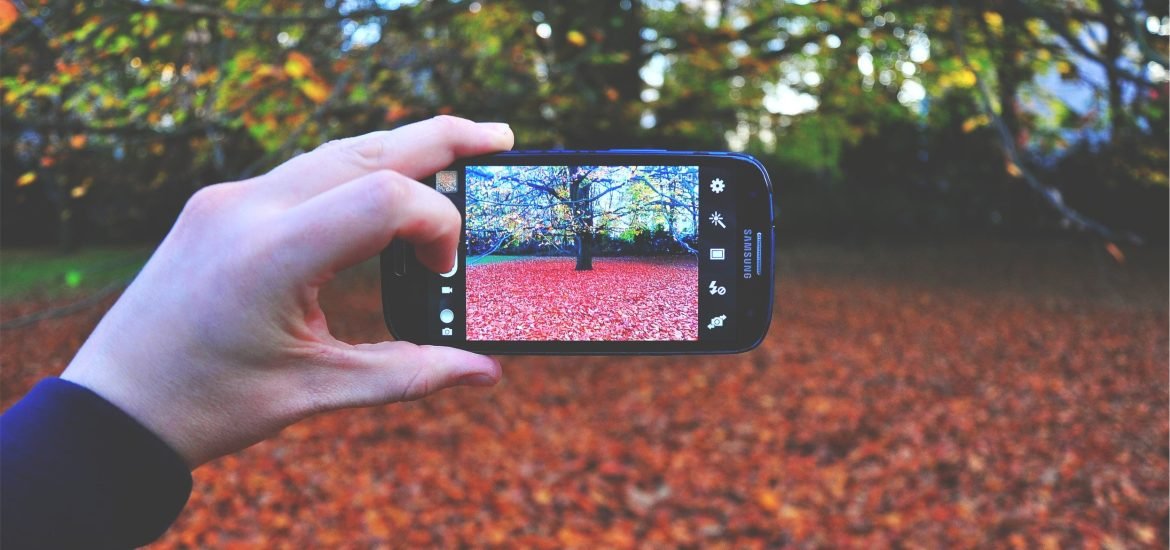
A team of Spanish researchers developed a new application to detect diseases and pests in horticultural crops earlier than ever before. The app is aimed at farmers and agriculture experts and is available for Android devices and online at https://doctorxub.com/.
The app, called Doctor X Nabat, uses an ODK collect form using a photo uploaded by the user. The system determines how much the plant is affected and lists possible treatments. Doctor X Nabat has been tested in various crops, including tomato, pepper, and cucumber in Egypt, Tunis, and the United Arab Emirates. The researchers are now working on other crops to be used in Mediterranean areas.
According to the Food and Agriculture Organization of the United Nations (FAO), farmers can lose up to 40% of crops due to diseases and pests. Further losses can be caused by droughts, salinity, or nutritional deficiencies.
Doctor X Nabat is the result of a 2-year project focussed on providing farmers with a way to detect problems early in order to prevent losses and reduce the need to use of pesticides when they’re not needed. “Artificial intelligence offers many possibilities in agriculture, and one of these is the creation of applications like this one, which we offer to the farmers in order to help them deal with the losses,” said Josep Lluís Araus, professor at the Department of Evolutionary Biology, Ecology and Environmental Sciences of the Faculty of Biology of the UB.
The system uses deep learning technology to increase the speed and efficiency of the app. “Deep learning allows us to accelerate the functioning of the application so that the farmer receives a quick response after uploading the image of the disease, it takes ten seconds,” said Shawn Carlisle Kefauver, member of Plant Phenomics.
The algorithm used relies on more than 25,000 photos of different diseases, stress, and nutritional deficiencies. When using Doctor X Nabat, the user takes a picture of the affected plant and uploads it to the app. The application then makes a diagnosis (including a percentage of probability) and shows how it can be treated, including ecological and organic options. All treatments offered follow accepted EU standards. The app is currently available in English, and a french version is coming out soon.
The app was developed by members of the research group on Plant Phenomics, at the University of Barcelona and Agrotecnio (CERCA centre affiliated at the University of Lleida), together with the International Centre for Biosaline Agriculture (ICBA) in Dubai (United Arab Emirates).